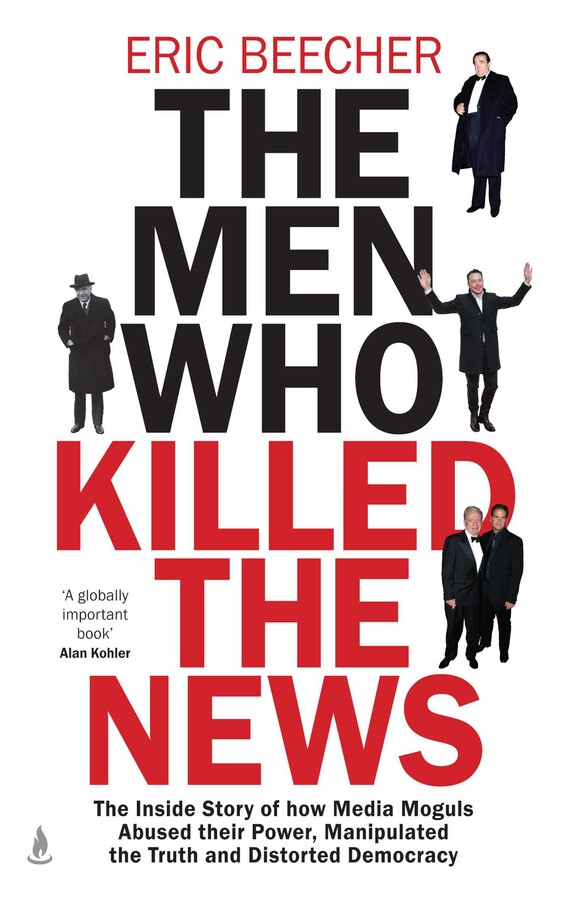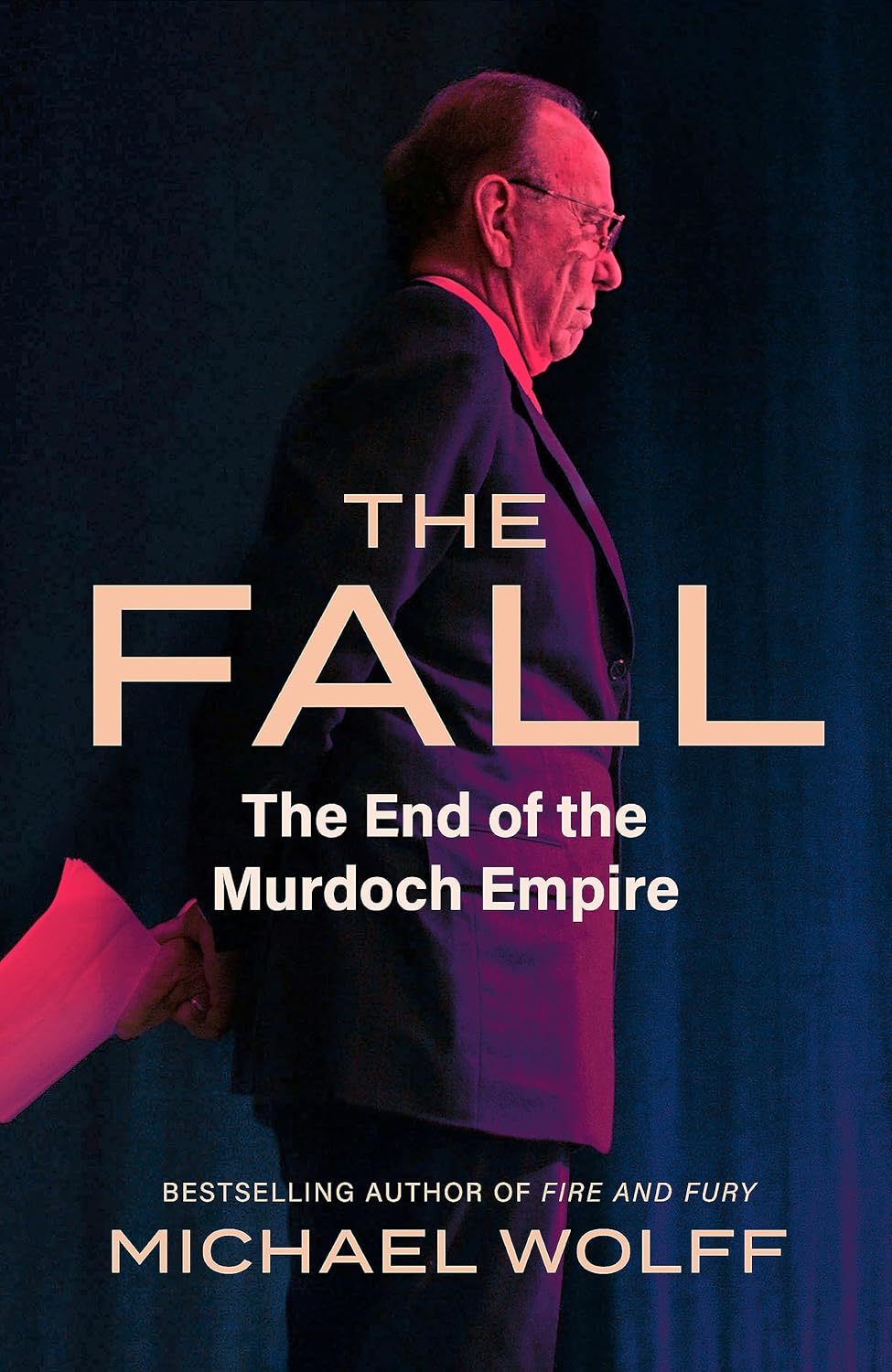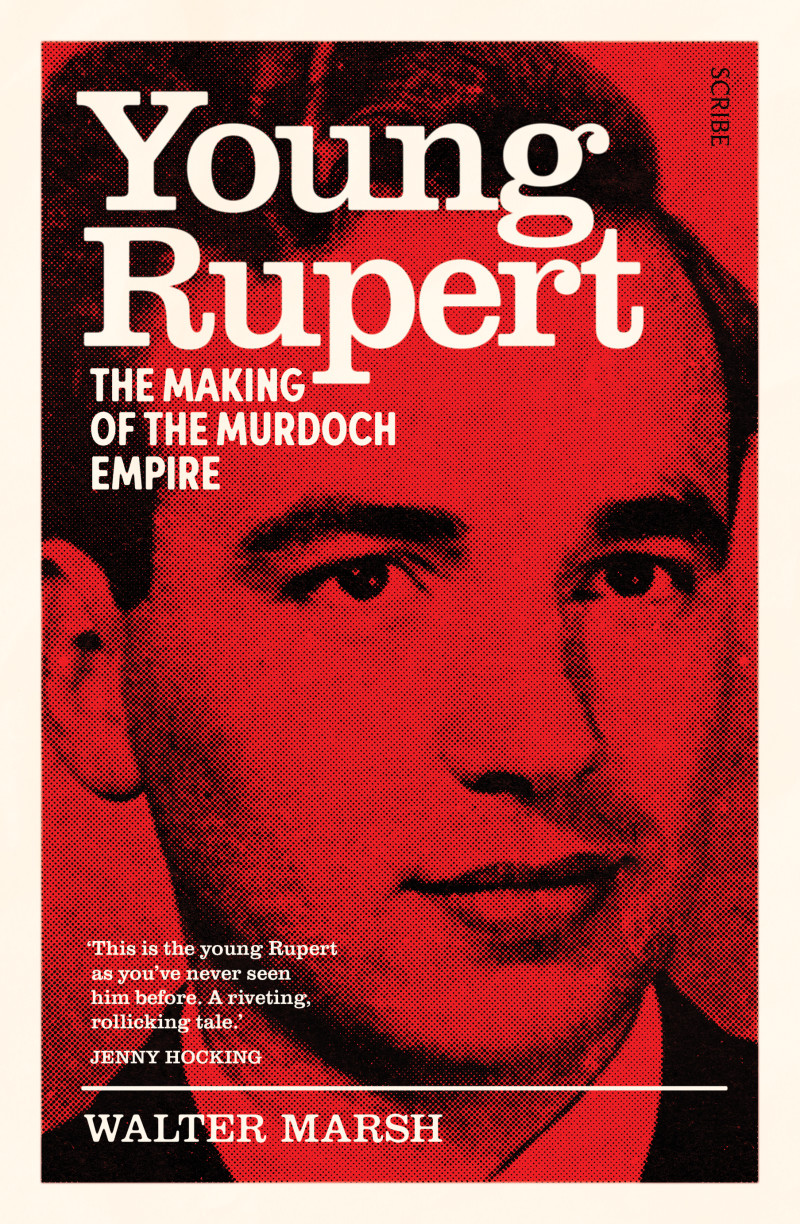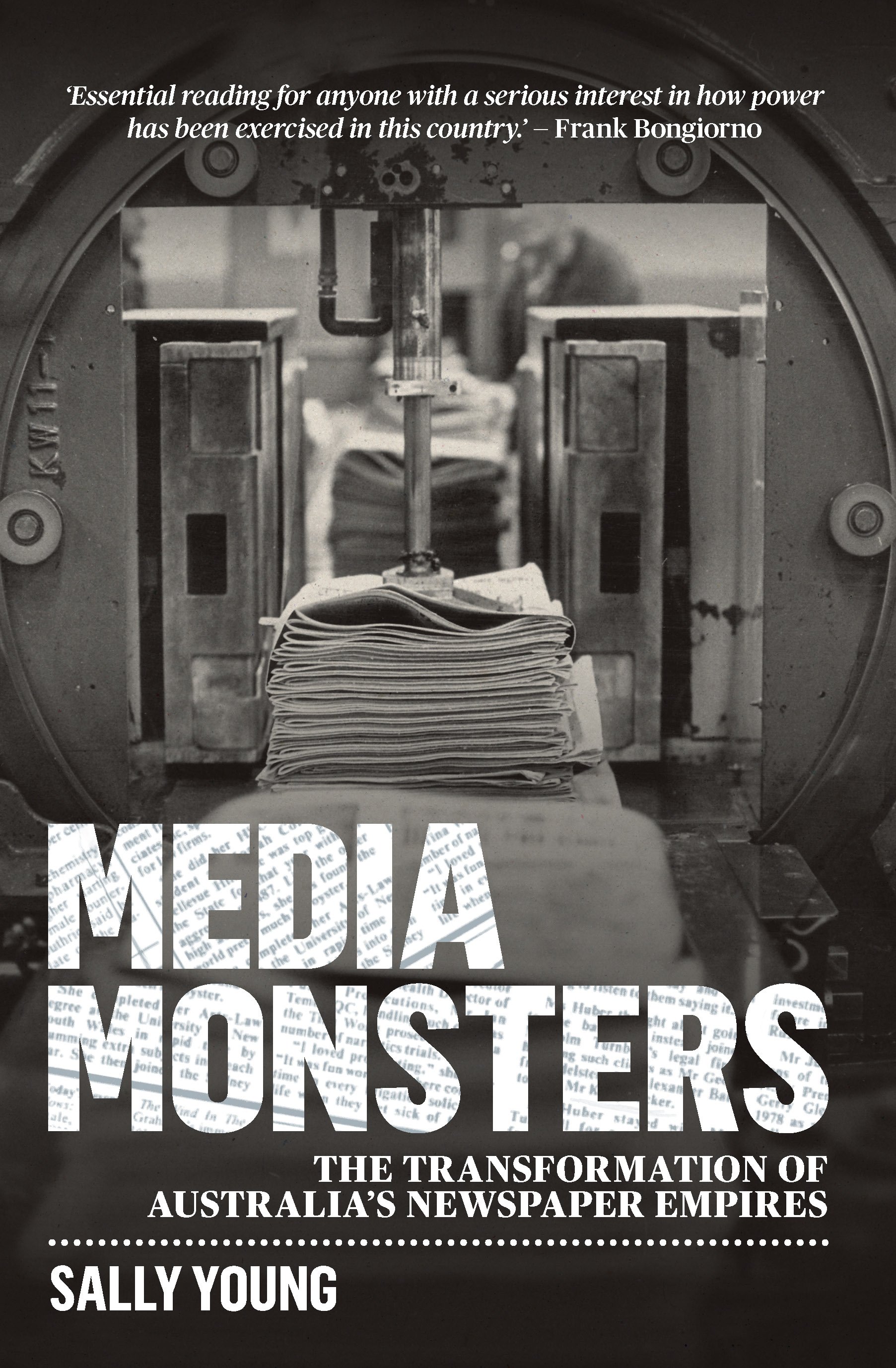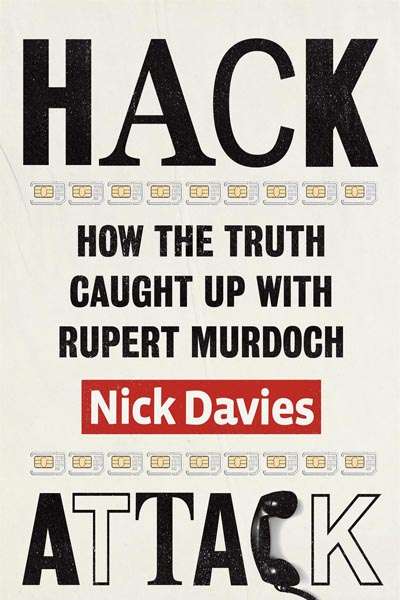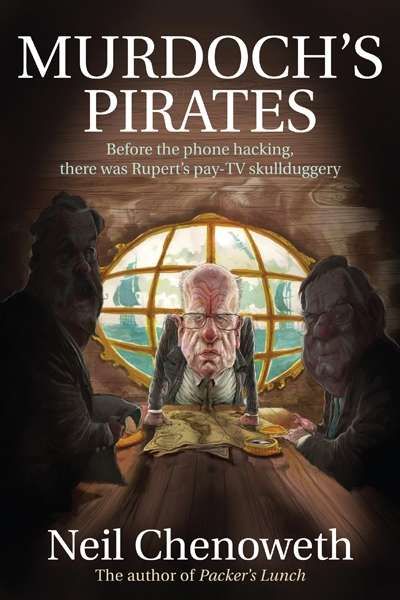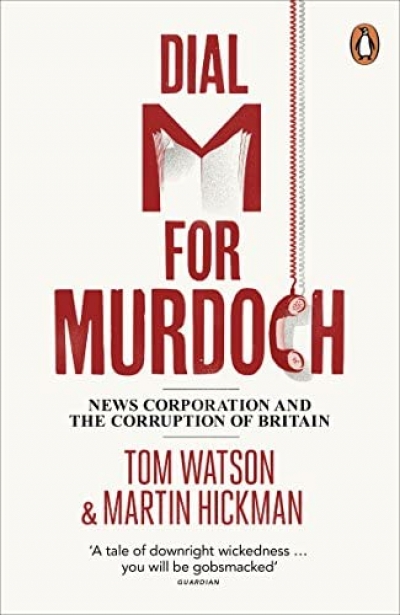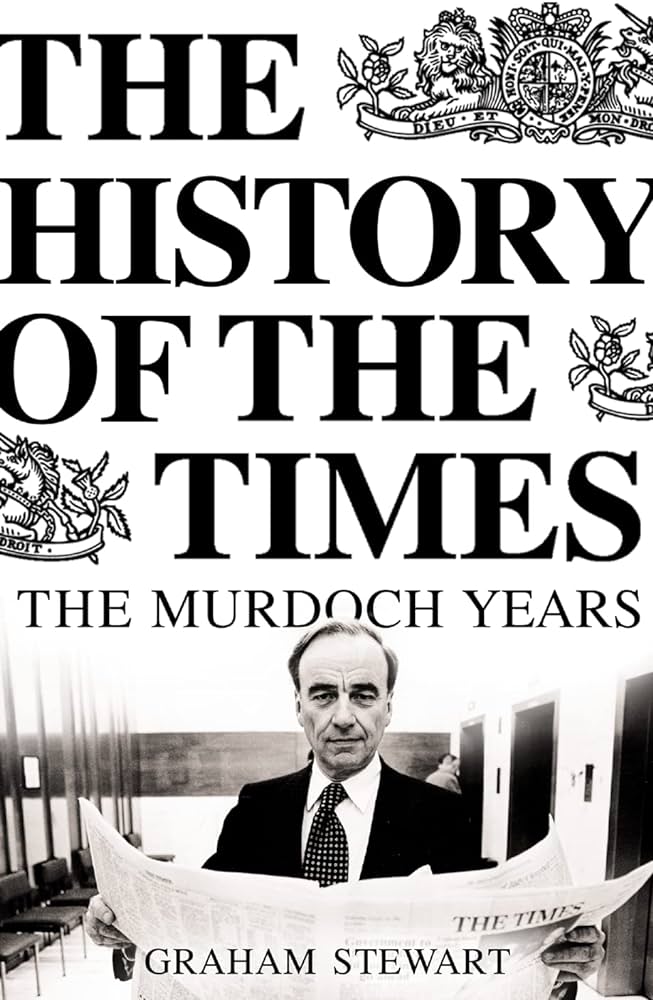Rupert Murdoch
Film | Theatre | Art | Opera | Music | Television | Festivals
Welcome to ABR Arts, home to some of Australia's best arts journalism. We review film, theatre, opera, music, television, art exhibitions – and more. To read ABR Arts articles in full, subscribe to ABR or take out an ABR Arts subscription. Both packages give full access to our arts reviews the moment they are published online and to our extensive arts archive.
Meanwhile, the ABR Arts e-newsletter, published every second Tuesday, will keep you up-to-date as to our recent arts reviews.
Recent reviews
The Men Who Killed the News: The inside story of how media moguls abused their power, manipulated the truth and distorted democracy by Eric Beecher
In this week’s ABR Podcast, writer and broadcaster Jonathan Green reviews Walter Marsh’s illuminating biography of the young Rupert Murdoch. Green explains that there is every reason ‘to get to the bottom of Rupert Murdoch’ given the media mogul’s far-reaching influence. Listen to Jonathan Green with ‘ONE MAN CONTROL: An enthralling study of the young Rupert Murdoch’, published in the August issue of ABR.
... (read more)
